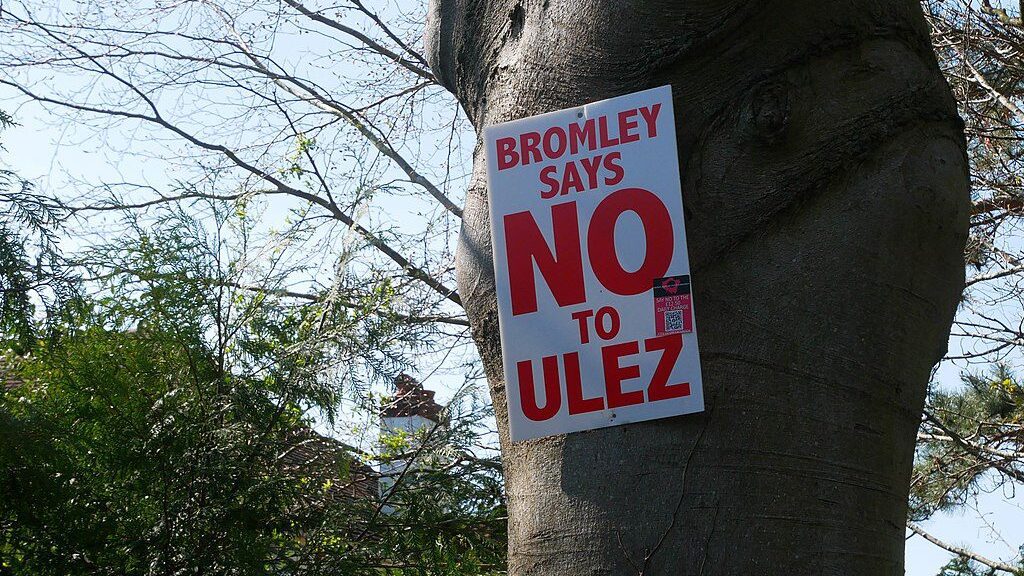
Photo: Doyle of London, CC BY-SA 4.0, via Wikimedia Commons
Newly released figures reveal that almost 1,500 cars were snatched last year on the orders of the Mayor of London’s office, as part of its Ultra-low Emissions Zone (ULEZ), the largest in the world, incorporating all London boroughs.
Under Sadiq Khan, a total of 1,429 cars were removed from their owners in the 12-month period ending in July 2024. Around half (761) of the vehicles were subsequently auctioned, raising £710,000.
Transport for London (TfL), the branch of municipal government responsible, claims that £25.6 million (€30.62m) of debt was recouped over 12 months. Officially, this money is clearing drivers’ unpaid fines, but Mayor Khan promises to spend it on improvements to city bus routes and services.
TfL is reportedly tripling the size of its investigations team, meaning that controversial work with enforcement agents, including bailiffs and ‘heavies’ paid to protect ULEZ cameras, will expand significantly.
Critics have long argued that the ULEZ scheme works to punish the poor, since its main exemption is for newer cars, registered after 2005. Non-compliant cars that fall below fixed emission standards must pay a daily £12.50 (€14.40) charge or face fines of up to £180 (€207). In turn, unpaid fines increase over time. Each unpaid day attracts a separate fine, meaning that a four-figure debt can be incurred relatively quickly.
The rationale for the scheme, initiated by then-Mayor Boris Johnson but expanded by Khan, is that pricing pollution—measured in nitrogen oxides (NOx) and particulate matter emissions—will improve London air quality. Environmentalist rhetoric is then used to browbeat critics of the scheme.
Anti-ULEZ campaigners are routinely smeared as ‘far-right’, while the ‘blade runners’ who sabotage the cameras face the full force of the law. In 2023, former mayoral candidate Laurence Fox was arrested after merely declaring his support for the saboteurs on social media.
The current mayor of London—where knife crime is out of control—is also responsible for policing the capital, but his priorities seem elsewhere. In May this year, a separate 20 vehicles, obtained through the voluntary ULEZ ‘scrappage scheme,’ were sent to Ukraine. Khan’s ‘experts’ have yet to say whether these four-wheel drive vehicles have since worsened local air quality.
